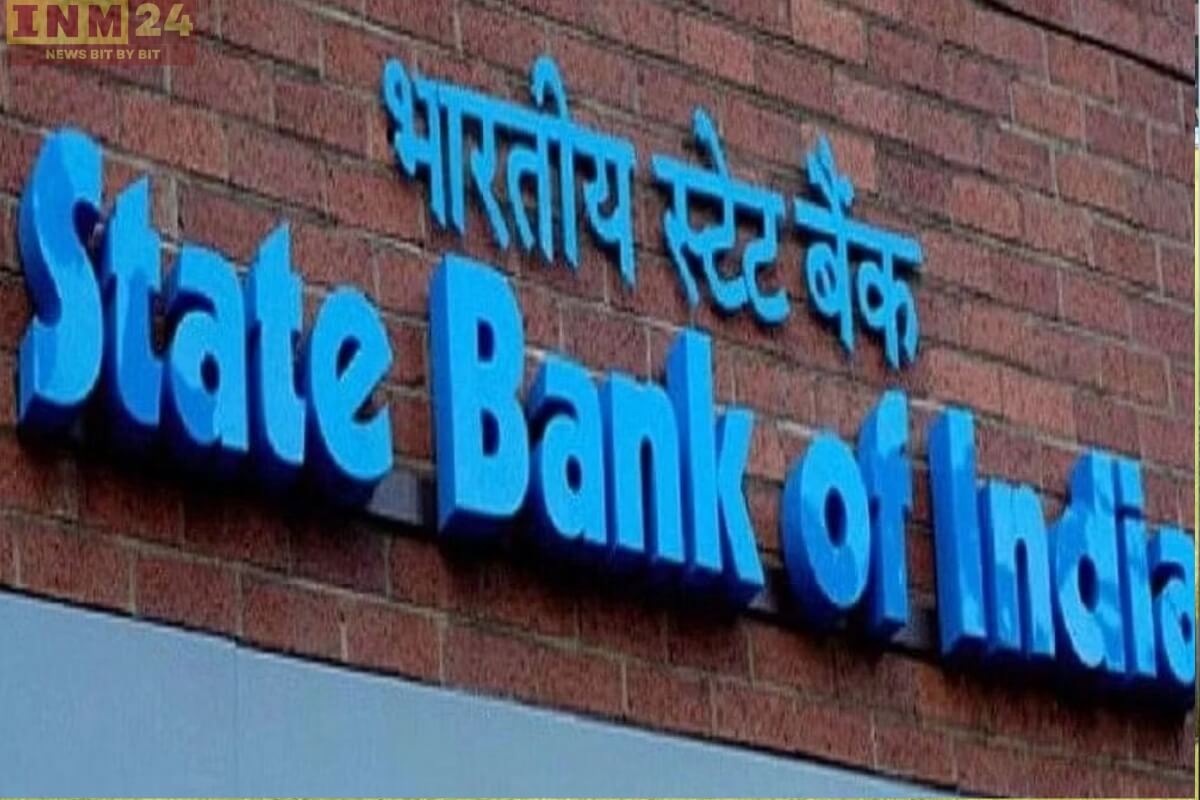In a significant development, the Supreme Court of India has directed the State Bank of India (SBI) to divulge all details pertaining to Electoral Bonds, including the unique alphanumeric codes associated with them. This move comes as part of the court’s efforts to enhance transparency and accountability in the electoral process.
Controversy Surrounding Electoral Bonds: An Overview
Electoral Bonds have been a subject of contention and debate since their introduction in 2018. These financial instruments, issued by the Government of India, allow individuals and corporations to make donations to political parties anonymously. However, concerns have been raised regarding the opacity surrounding Electoral Bonds and their potential implications for transparency in political funding.
The Supreme Court’s directive to the SBI to share all information related to Electoral Bonds, including the unique alphanumeric codes assigned to each bond, marks a significant step towards addressing these concerns. By mandating the disclosure of these codes, the court aims to shed light on the flow of funds through Electoral Bonds and enable greater scrutiny of political donations.
The decision comes in response to a petition filed by several political parties and activists challenging the validity of Electoral Bonds and seeking greater transparency in political funding. The petitioners argued that the anonymity afforded by Electoral Bonds undermines the principles of transparency and accountability in democracy.
The Supreme Court’s intervention in the matter underscores the importance of transparency and accountability in the electoral process. By pressing the SBI to disclose all information pertaining to Electoral Bonds, including the unique alphanumeric codes, the court seeks to uphold the integrity of the democratic process and ensure that political funding is conducted in a transparent and accountable manner.
The disclosure of unique alphanumeric codes associated with Electoral Bonds will enable stakeholders, including citizens, civil society organizations, and electoral authorities, to track and monitor the flow of funds to political parties. This, in turn, will foster greater transparency, accountability, and trust in the electoral process.
As the case unfolds, all eyes will be on the Supreme Court as it continues to deliberate on the issue of Electoral Bonds and their impact on transparency in political funding. The court’s decision to press the SBI for disclosure of unique alphanumeric codes is a significant development that has the potential to reshape the landscape of political financing in India.
